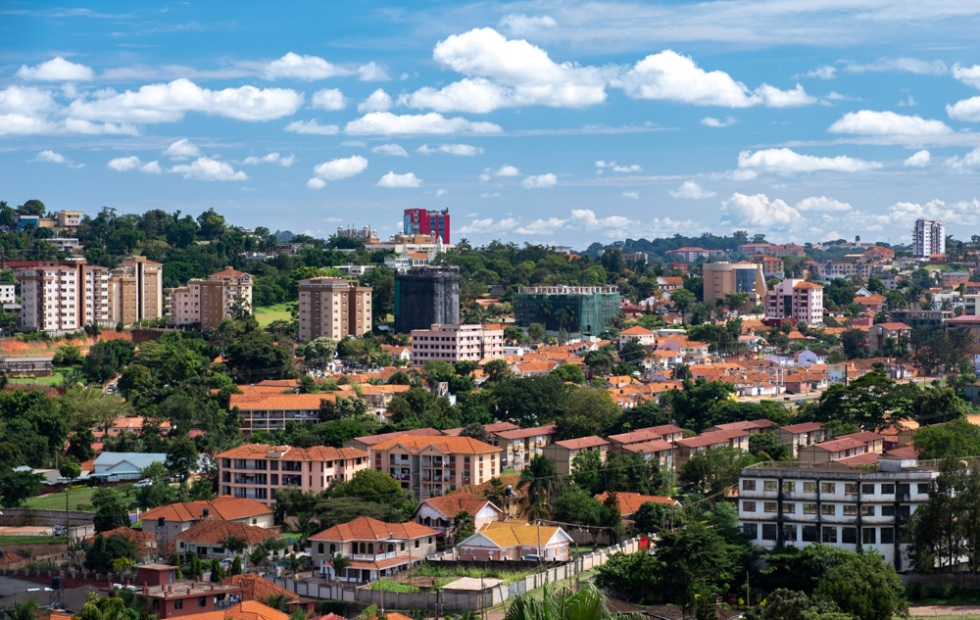
Uganda’s commercial and residential property sectors are moving into a tenant-friendly cycle, as new supply continues to outpace demand and occupancy levels soften, according to real estate consultancy Knight Frank.
The firm’s latest market update shows that while rental prices across offices, residential apartments, and retail malls have largely remained stable, vacancy rates have risen due to business downsizing, funding cuts, and shifting tenant preferences.
Prime office rents in Kampala held steady in the first half of 2025, with Grade A offices averaging $16.5 per square metre per month and Grade AB at $15. However, occupancy fell: Grade A dropped to 85 percent from 89.8 percent a year ago, while Grade AB slipped to 82.3 percent.
The report attributes the decline to relocations from the central business district to suburban hubs, consolidation of government agencies, and the completion of major NGO- and donor-funded projects. Larger tenants have also vacated older Grade AB buildings in favour of newer Grade A developments, adding pressure to vacancy levels.
Knight Frank projects that over 100,000 square metres of new Grade A office space will enter the market in the second half of 2025, intensifying competition. Landlords are being urged to renovate, enhance services, and diversify their tenant mix to include SMEs and professional service firms.
Residential rents have also come under pressure. Two-bedroom prime apartments saw a 7 percent drop in rents, while three-bedroom units remained unchanged. Occupancy in prime residential properties fell to 80 percent in the first half of 2025, down from 82 percent in 2023.
Weakening demand from Western expatriates, particularly those linked to NGOs and diplomatic missions, has been offset by rising demand from Asian professionals, especially from China and South Korea, who are driving infrastructure and industrial projects. Many of them prefer modern apartments in secondary neighbourhoods close to business parks.
Retail space remained relatively resilient, with occupancy in Knight Frank-managed malls staying above 85 percent. However, growth slowed to about 2 percent year-on-year, down from 11 percent in 2024, as prime retail space approaches saturation.
The industrial property sector has held steady, with warehouse rents ranging between $3 and $7 per square metre per month. Occupancy remains above 80 percent, with strong uptake for small and mid-sized units in agro-processing, coffee export, and consumer goods, though demand for larger warehouses has been subdued.
Knight Frank concludes that Kampala’s property market is firmly entering a tenant-favourable cycle. To stay competitive, landlords are increasingly offering flexible leases, modern amenities, and improved services to sustain occupancy and protect yields in a crowded market.